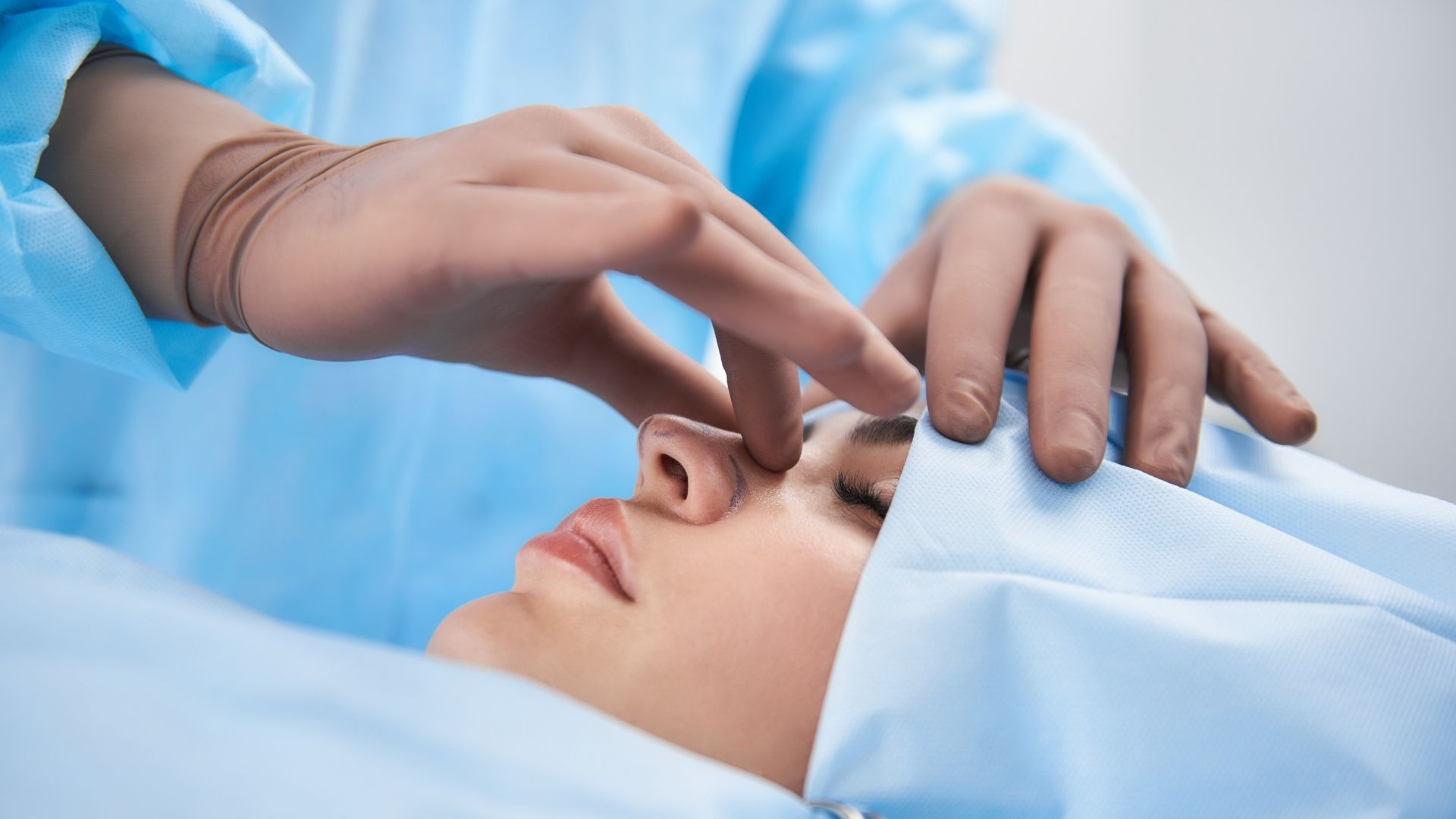The most common causes of rhinosinusitis in children, particularly in those under the age of 7, are a large adenoid and recurrent colds (upper respiratory tract infections).
Children between the ages of 2 to 5 years old have an average of 8 colds (upper respiratory tract infections) a year. Symptoms include a blocked-up and runny nose, which then becomes mucky before getting better without treatment in approximately 10 days. For children between the ages of 1 to 3 years, symptoms may continue for over 15 days.
If the sinuses become blocked with discharge, bacteria may start to grow, which can lead to rhinosinusitis.
Rhinosinusitis in children is also a common complication of allergic rhinitis, one of the most common chronic conditions in children (approximately 20% of children are affected). It can be classified as either intermittent (due to hayfever, for example) or persistent (all year round) and the chances of a child having allergic rhinitis increase when one or both parents suffer from it.
Milk allergy is also often outlined as a cause of rhinosinusitis in the media or on some websites, as it's thought that milk causes excess mucus. However, there's no proven relationship between drinking milk and excess mucus. If your child has a milk allergy, they won't have nasal symptoms in isolation and will also show other symptoms such as colic, diarrhoea, lack of weight gain, vomiting, rashes, bronchitis or wheezing, cough, irritability, and acute middle ear infection.

